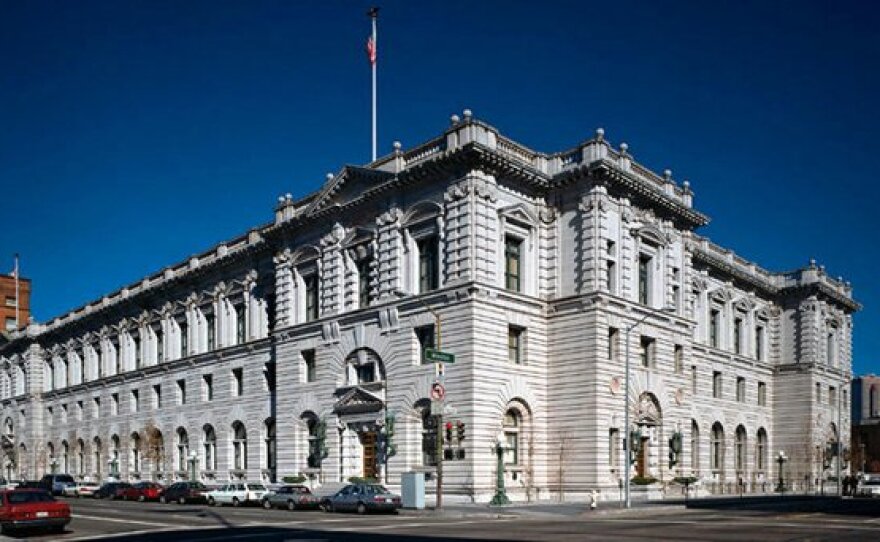SAN FRANCISCO — A divided federal appeals court panel has overturned a California election law requiring sponsors of ballot initiatives to identify themselves on the petitions they circulate for signatures.
The 9th U.S. Circuit Court of Appeals ruled Monday on a case that originated in Chula Vista that compelling disclosure violates the First Amendment right to anonymous speech.
The appeals court cited two U.S. Supreme Court rulings that overturned Colorado's requirement that signature gatherers wear badges and an Ohio law banning anonymous campaign leaflets.
The court said anonymity protects speakers from harassment and focuses voters on the issues rather than personalities.
Judge Susan Graber dissented from the three-judge panel. Graber said requiring identification helps voters make better informed choices as they make split-second decisions on whether to sign a petition asking to qualify a measure for the ballot.
Glenn Smith, Professor of Constitutional Law, California Western School of Law said James Bopp's, an attorney for the plaintiffs, involvement in the case raises it's profile.
"People are wondering what's the bigger agenda here," Smith said.
Bopp is considered the architect behind the landmark Citizen's United ruling.





